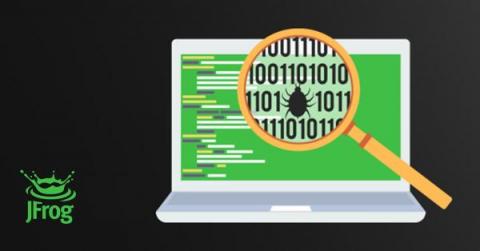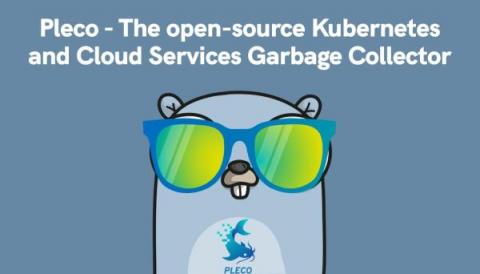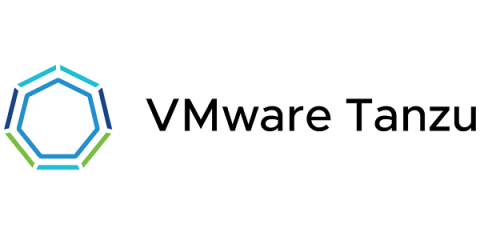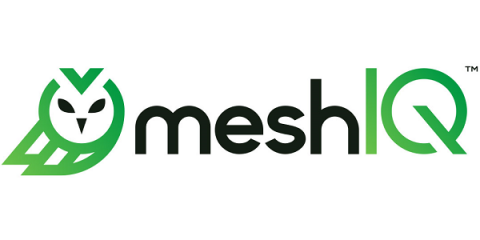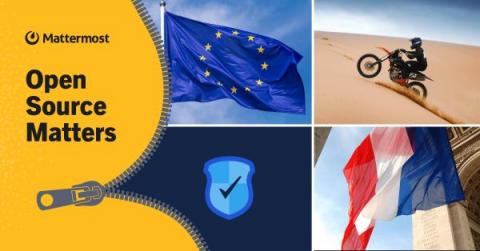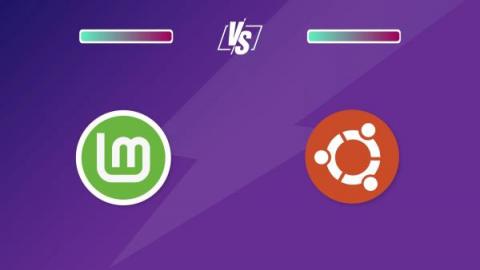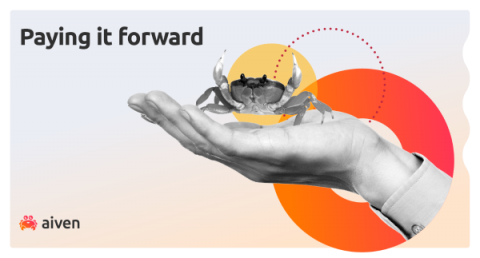Operations | Monitoring | ITSM | DevOps | Cloud
Latest News
Announcement: Pleco - the open-source Kubernetes and Cloud Services garbage collector
TLDR; Pleco is a service that automatically removes Cloud managed services and Kubernetes resources based on tags with TTL. When using cloud provider services, whether using UI or Terraform, you usually have to create many resources (users, VPCs, virtual machines, clusters, etc...) to host and expose an application to the outside world. When using Terraform, sometimes, the deployment will not go as planned.
Open Source FOMO? Not with Tanzu Application Platform
If you are not familiar with the term, FOMO is short for “fear of missing out,” and some developers are feeling it these days. Developers want to be a part of a technical community and stay current by working on, and with, the most innovative technologies. Open source FOMO comes when they witness their peers getting to explore new technologies that help them get ahead, while they’re bogged down with stale technology and monolithic apps.
Yes, Open Source Is Sustainable
Two months ago, we announced our annual investment in open source maintainers, mostly folks whose work we depend on to deliver Sentry to you, plus a few research and hobby projects that our employees put on our radar. Two days ago, six of these maintainers joined us for a one-hour panel called “The Future of Open Source: Is It Sustainable?” I co-hosted with Jessica Lord, Product Manager of GitHub Sponsors.
Log4j gets added to the code "wall of shame."
It seems that every few weeks, we are alerted to a new significant security issue within one of the plethoras of code elements that are widely used. The same pundits discuss the same range of concerns with open-sourced code each time. The list of “usual suspects” is long, and I know I could add at least 20 additional “reasons” to this list without thinking about it too hard. I’m not sure that open-sourced code is riskier than proprietary developed code. There I said it.
The European Union Embraces Open Source: Open Source Matters
Welcome to the 6th edition of Open Source Matters: our regular publication about the latest happenings in open source! Let’s dive into the news.
Linux Mint vs Ubuntu: Who will win?
Linux is an open-sourced operating system for computers, smartphones, servers, mainframes, and embedded devices. The main advantage of Linux over other operating systems is that Linux is an open-source operating system, which means that you can view, edit, customize, enhance, and share the code with anyone. The release of Linux garnered a huge community of contributors that created a variety of features and distributions for users at no added cost.
How we manage CI sensitive data for our Open Source deployment Engine
Making an Open Source Software with sensitive data and dozens of external integrations is a real challenge, here are feedbacks and tradeoffs we've made.
History of Open Source Identity Management (part 2)
This is the second blog post (part 1 available here) where we look at the history of open source identity management. This post focuses on Oauth and OpenID, the protocols currently used in modern applications and services. This post does not cover the technical details of the open source identity management standards, which are explained very well in this Okta blog post. Rather, it explains the origins of Oauth and OpenID, and provides insights on the context that led to their creation.


